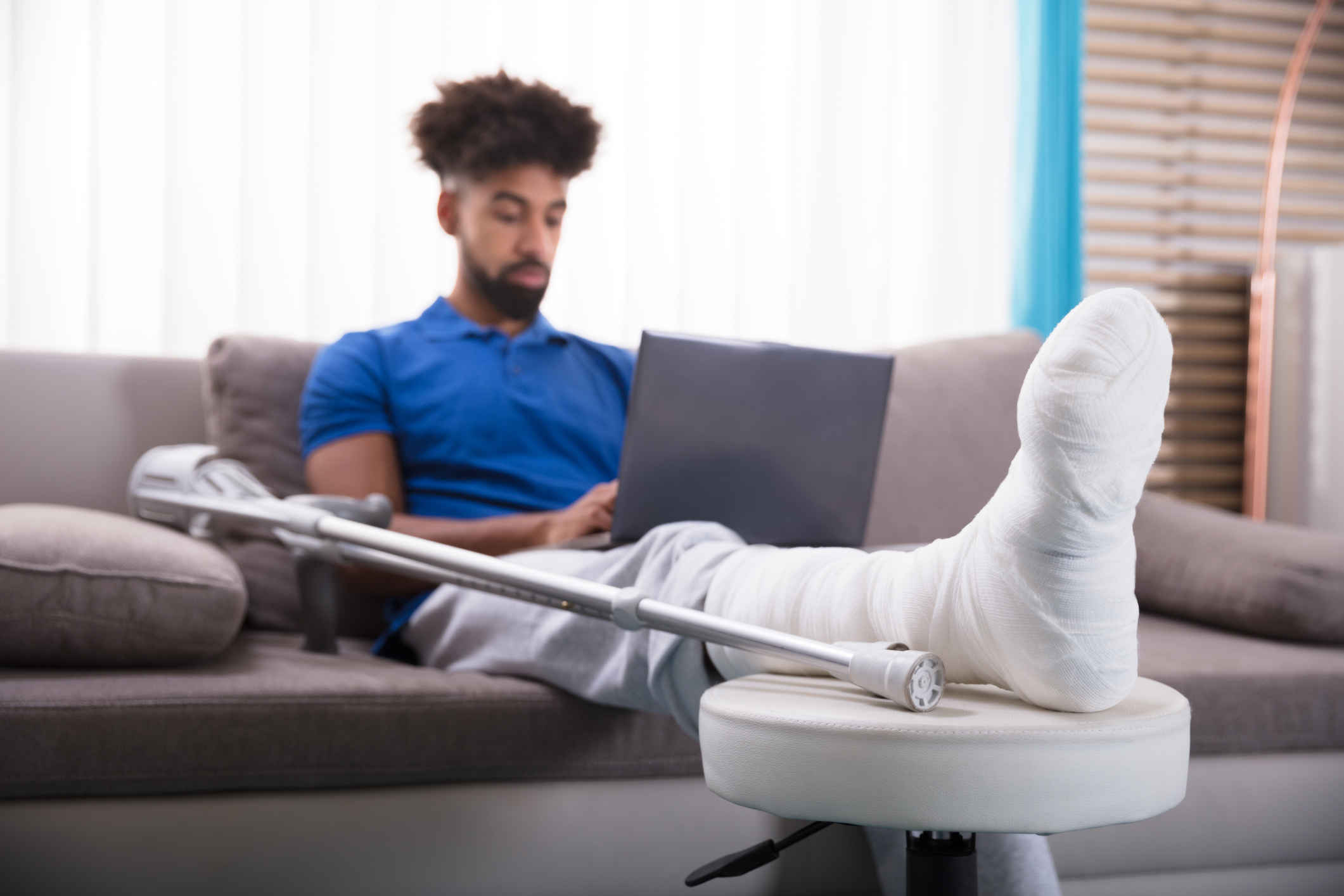Social Media and Your Personal Injury Case- What Not to Share
In today’s digital age, social media platforms have become an integral part of our daily lives. We use them to connect with friends, share experiences, and express our thoughts and emotions. However, when involved in a personal injury case, what you post on social media can have a significant impact on the outcome of your case. This article discusses the potential pitfalls of sharing on social media and provides insights into what not to share when pursuing a personal injury claim.
The Role of Social Media in Personal Injury Cases
Social media can be a double-edged sword in personal injury cases. On one hand, it can be a valuable tool for communication and support during challenging times. On the other hand, what you post online can be used against you in court.
Surveillance: Insurance companies and opposing attorneys often hire investigators to monitor claimants’ social media activity. They look for any information or photos that may contradict the injuries or losses being claimed.
Inconsistencies: A seemingly harmless social media post can be used to challenge the severity of your injuries. For example, if you claim to have a serious back injury, but you post photos of yourself engaging in physically demanding activities, it could be used as evidence that your injuries are not as severe as you claim.
Damaging Statements: Posting statements or comments about the accident, your injuries, or the legal process can be risky. Even seemingly innocuous comments can be misconstrued or taken out of context to your detriment.

What Not to Share on Social Media During a Personal Injury Case
Details of the Accident: Avoid discussing the accident itself on social media. This includes refraining from sharing your opinions, accounts, or emotions related to the incident.
Injury Updates: While it’s natural to want to keep friends and family informed, sharing updates about your injuries can be problematic. These updates may be used to argue that your injuries are not as serious as you claim.
Photos or Videos: Avoid sharing photos or videos that could be misconstrued. For example, if you’re claiming a back injury, it’s best not to post photos of yourself engaged in strenuous physical activities.
Venting or Blaming: Social media is not the place to vent your frustrations or blame others for the accident. Such posts can be used to argue that you’re seeking compensation out of anger rather than necessity.
Accepting Friend Requests: Be cautious about accepting friend requests from individuals you do not know personally. It’s possible that someone with ill intentions could be trying to gather information about your case.
Changing Privacy Settings: Review and update your privacy settings to limit who can see your posts. However, be aware that even private accounts are not entirely shielded from scrutiny.
Communicating with the Opposition: Avoid engaging in online conversations with the opposing party or their representatives. Anything you say could be used against you.
The Importance of Legal Counsel
If you’re involved in a personal injury case, it’s advisable to discuss your social media activity with your attorney. They can provide guidance on what to share and what to avoid. They may also advise you to temporarily deactivate or restrict your social media accounts during the duration of your case to minimize potential risks.
Conclusion
Social media can be a valuable tool for staying connected and sharing experiences, but during a personal injury case, it’s essential to exercise caution. What you post on social media can have far-reaching consequences and potentially harm your case. By being mindful of what not to share and seeking advice from your attorney, you can protect your rights and interests while pursuing a successful personal injury claim.
